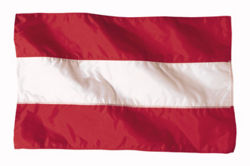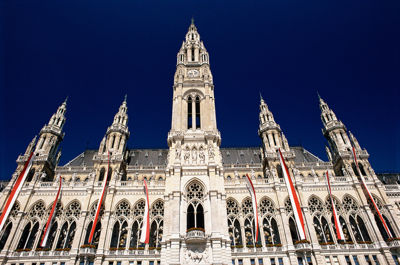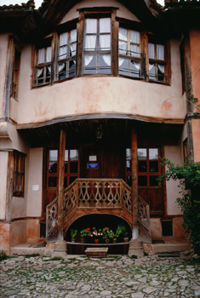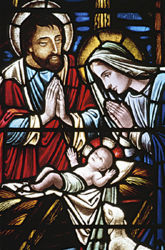Austria Gift Giving Customs
From Giftypedia
Capital: Vienna
Official Religion: Roman Catholic
Government: Federal Republic
Currency: Euro
Mention Austria and you may think of the magnificent Alps with their breathtaking views, perhaps the most beautiful in the world. Austria has long dominated alpine skiing and is a hot destination for winter sports. Ski buff or not, if you are planning a trip to Austria, don’t be afraid to join the crowds. Austrians love to celebrate their traditional customs - they endorse tourism and welcome international visitors!
| Gift Giving in Austria |
|---|
Social Gift GivingTraditionally, gift giving in Austria occurs between close friends and family on their birthdays and on Christmas Eve. If you will be visiting someone in Austria, know that it is unusual for Austrians to invite people other than close friends and relatives into their home. Austrians take pride in their homes, escaping the formality of their culture, regarding the home as a place to relax and converse informally. If you are invited to someone's home for dinner, be sure to take a gift:
In Austria, there is a protocol for dressing appropriately. Casual dress would not be deemed appropriate attire for a dinner invitation, so dress up. When entering the home, shake hands with everyone individually, including the children. Business Gift GivingNormally gift giving in Austria does not include the business culture. However, if you will be traveling to Austria on business, take a small gift to give just in case your Austrian colleagues present you with a gift. You will be prepared to reciprocate immediately. Expect that your gift will be opened in front of you – you should do the same when receiving a gift. For business gifts, choose unassuming gifts – something of interest from your home country such as a local artifact, or a gift of wine or liquor not normally obtainable in Austria. Be prepared with a gift upon completion of a business deal. |
Business Etiquette
|
Christmas Traditions and Gift Giving in AustriaChristmas in Austria is a month long celebration. It begins on December 6th with the feast of St. Nicholas. The saint, accompanied by the devil, asks children for a list of their good and bad deeds. Good children are given sweets, toys and nuts. If a child confesses to misbehaving, the devil, referred to as "Knect Ruprecht," playfully beckons the little sinners to feel the string of his golden rod with the intention of striking them. However, "Santaklausen" (Saint Nicholas), sends the child running before any harm befalls him or her. In Austria, there is no Santa Claus. On December 24, the Christ Child, "Kristkindl," along with his angels, distributes and decorates Christmas trees and brings presents for the children. When the children hear a bell tinkling, they enter a special room where the Christmas tree is waiting with gifts under the tree. Christmas Eve is a family affair centered around the Christmas tree and a nativity scene. Valued as family heirlooms, some nativity scenes feature as many as 100 pieces. It is here the family gathers to sing Christmas carols. Did You Know? One of the most famous Christmas carols of all time came from Austria. According to legend, in 1818 in the tiny hamlet of Obernhorf, the local church's organ was broken with no hopes of repair before the Christmas Eve Mass. The priest, Josef Mohr, asked a friend, Franz Gruber, to compose a tune for a short song he had written. Gruber adapted the tune for guitar, and "Silent Night" was first sung that Christmas Eve. |
Related Items
- International Gift Customs
- International Holidays
- How to Avoid Controversial or Inappropriate Gifts
- Etiquette for Office / Business Gift Giving






 Printer Friendly
Printer Friendly
